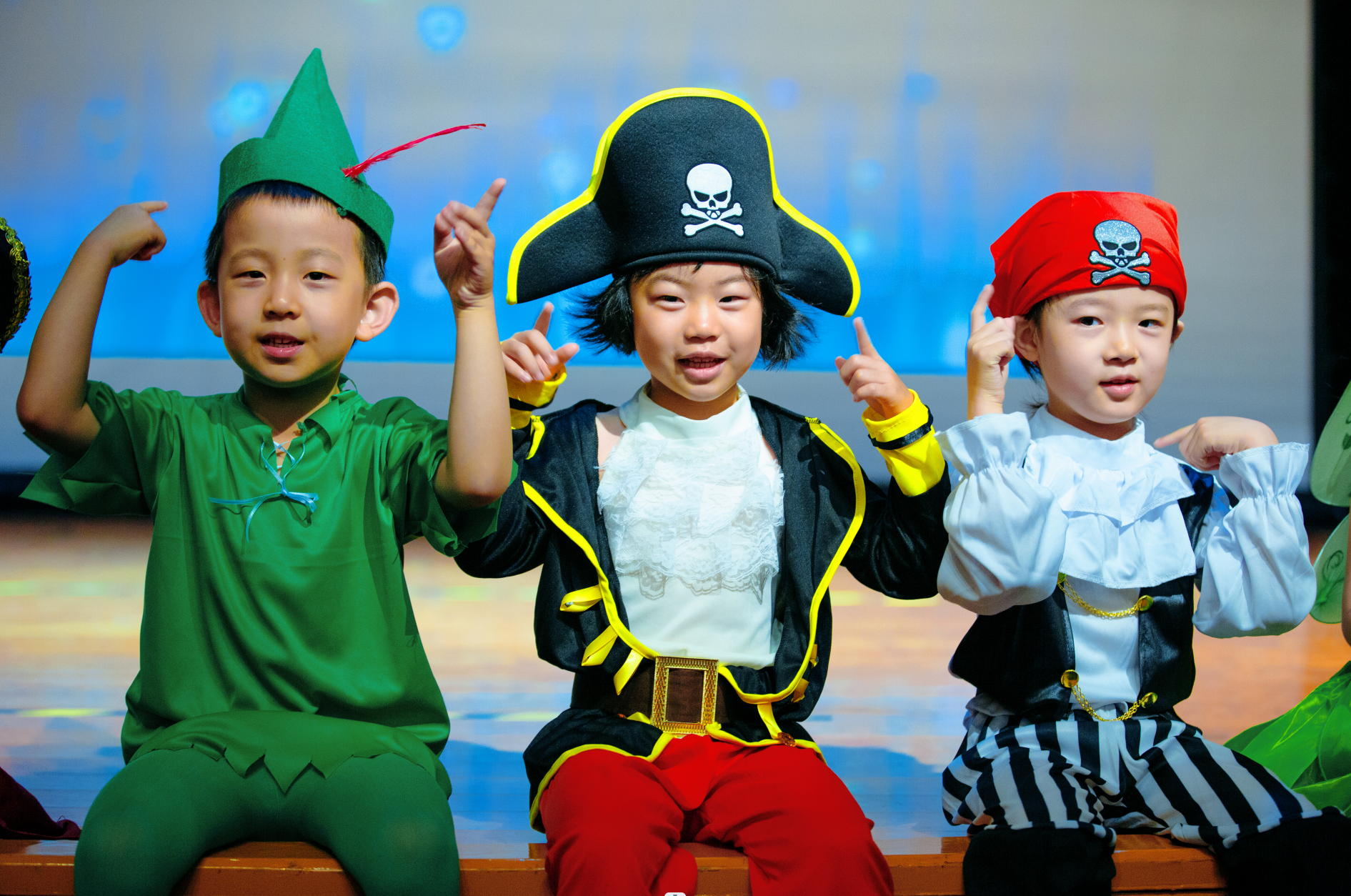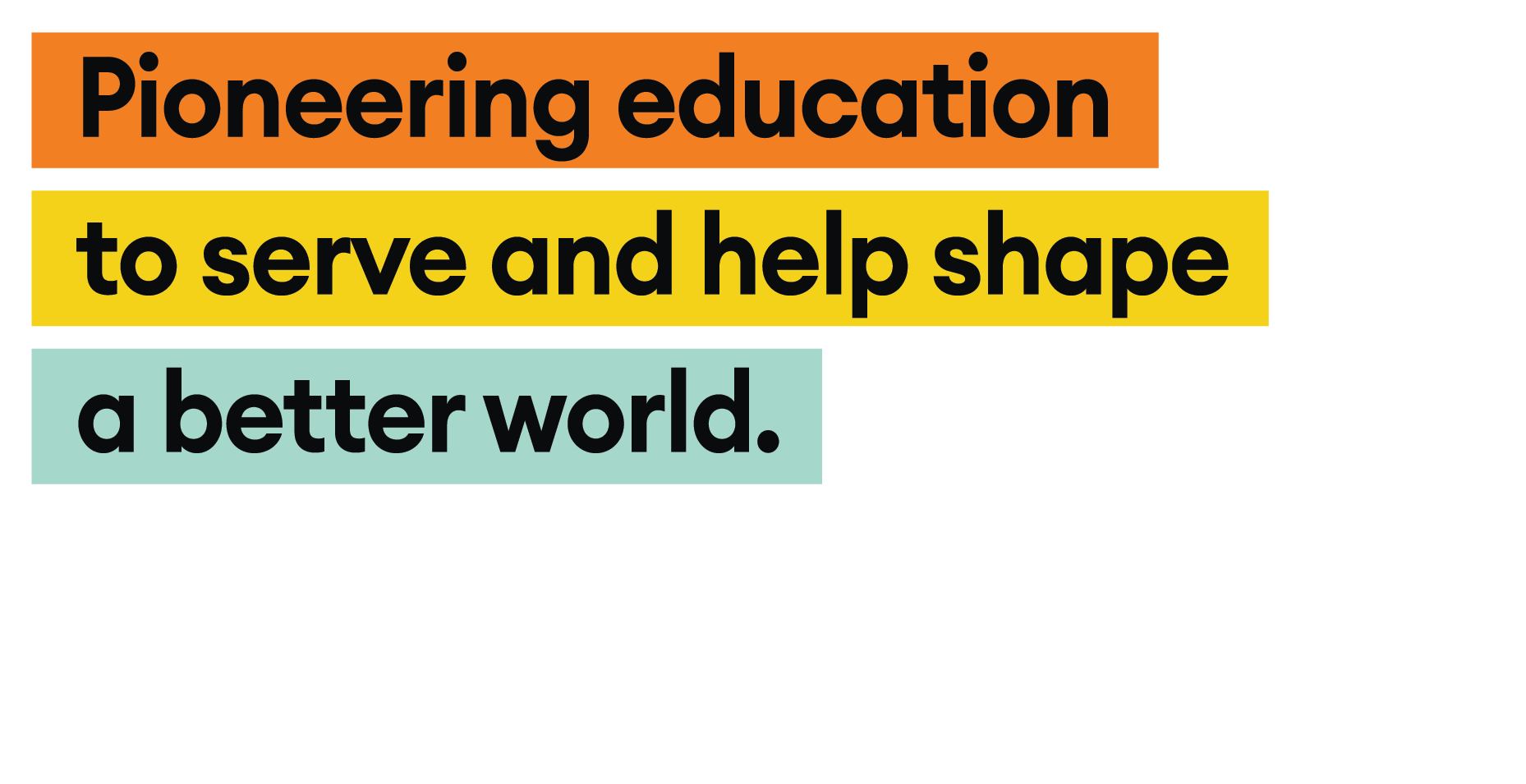Wellbeing & Involvement of Young Children
Ms Zelda Ryan
Year 1 Teacher / Student Counselor (whole school) / Well-being coordinator of Nest
In early childhood education, the provision and assessment of wellbeing and involvement are crucial for the holistic development of young children. Addressing these aspects promotes not only academic success but also emotional and social growth. Within this framework, we at Wellington College Bilingual Tianjin Nursery, have focused on the concepts of emotional intelligence, self-regulation, and innovative strategies like Zones of Regulation training to promote the personal, social and emotional development of our pupils
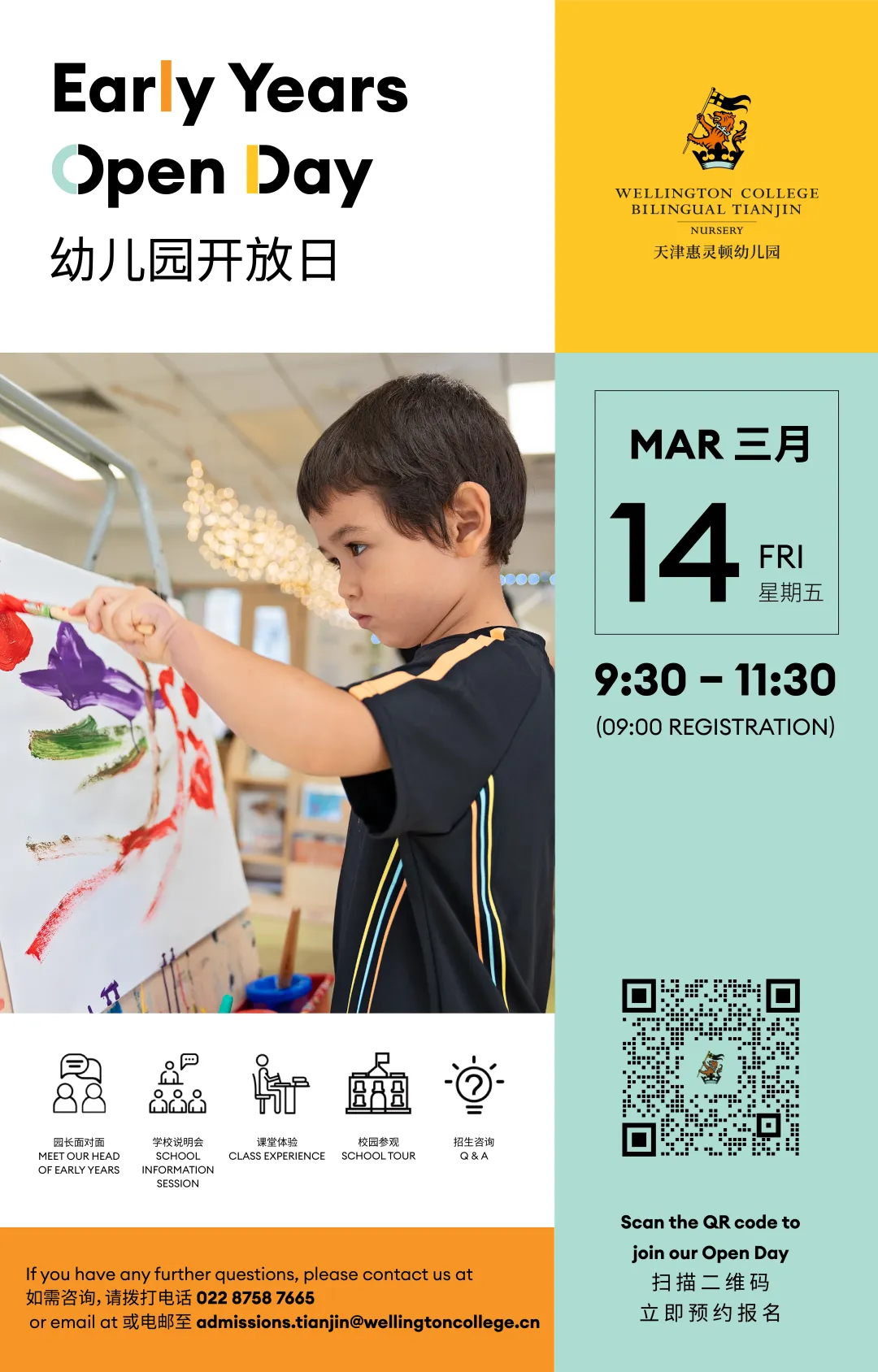
Zones of Regulation Training and Use
The Zones of Regulation is an effective, research-based framework designed to teach children self-regulation and emotional control. This curriculum categorizes emotions and states of alertness into four color-coded zones: blue (low alertness/sadness), green (optimal alertness/happiness), yellow (heightened alertness/excitement or frustration), and red (extreme alertness/anger or out-of-control emotions). Through this framework, children learn to identify their emotions, understand the triggers and consequences and utilize strategies to navigate through these zones constructively. By engaging in this systematic approach, we are able to help young learners develop awareness and coping mechanisms necessary for emotional regulation.
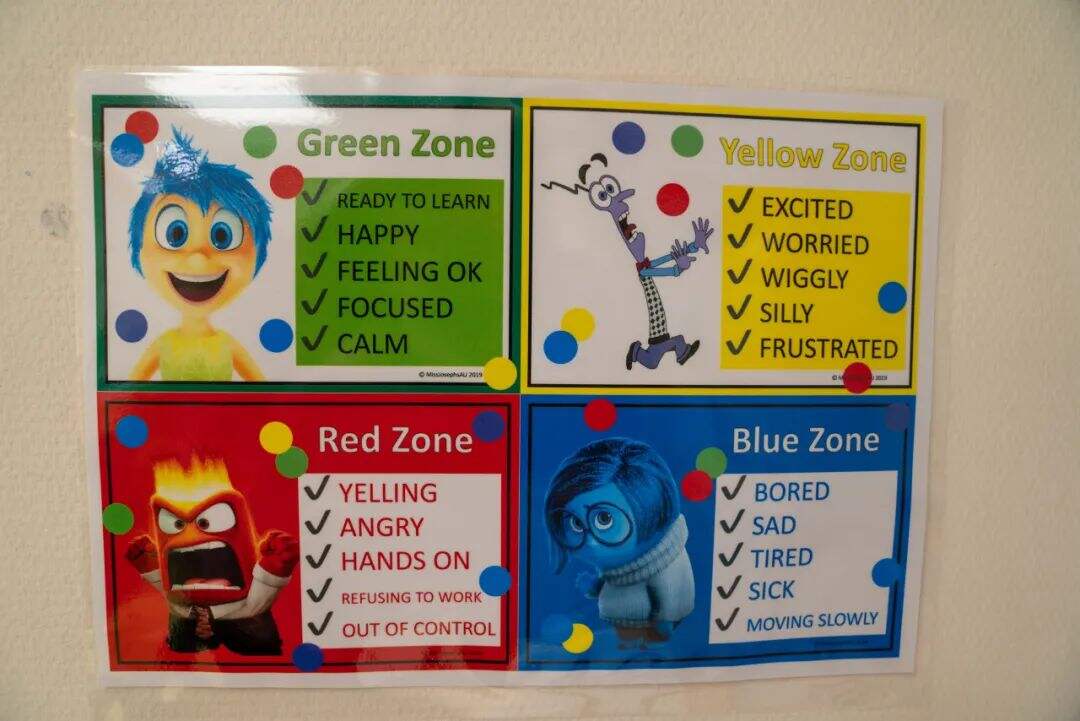
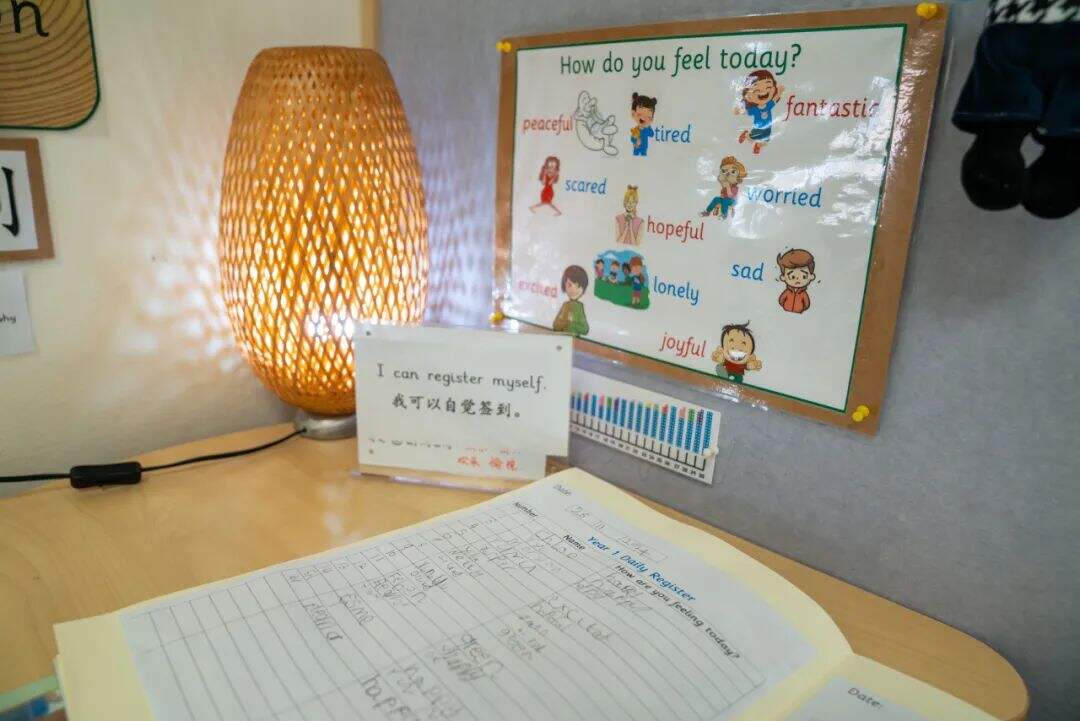
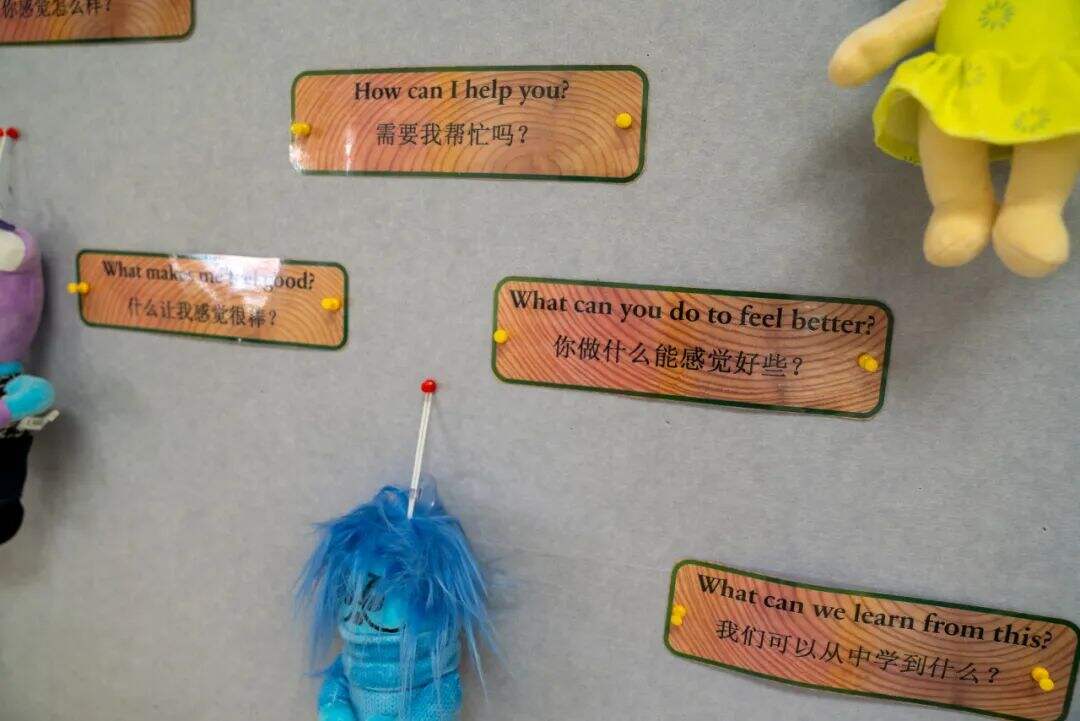
Emotional Intelligence Development
Emotional intelligence (EI) refers to the ability to identify, understand, and manage one's emotions and the emotions of others. In our Early Years settings, developing EI is critical as it forms the foundation for empathetic relationships, problem-solving, and effective communication. Activities such as storytelling, role-playing, and group discussions about emotions integrate EI development into daily routines. Moreover, we strive to foster a supportive and loving environment which encourages children to express their feelings openly and confidently.
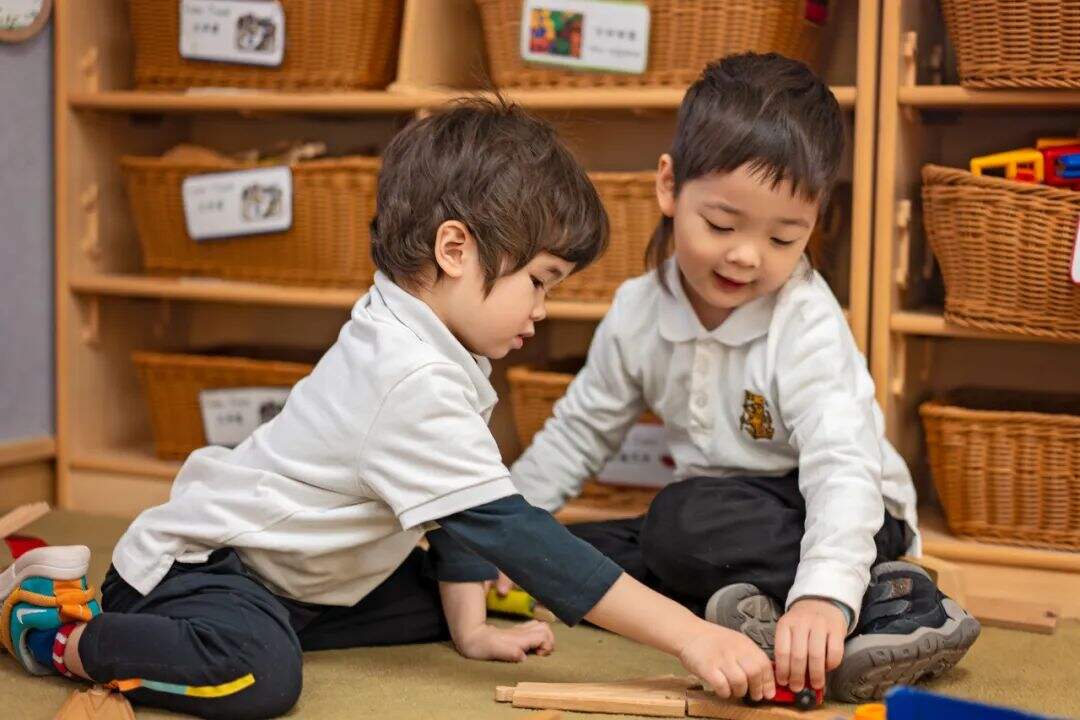
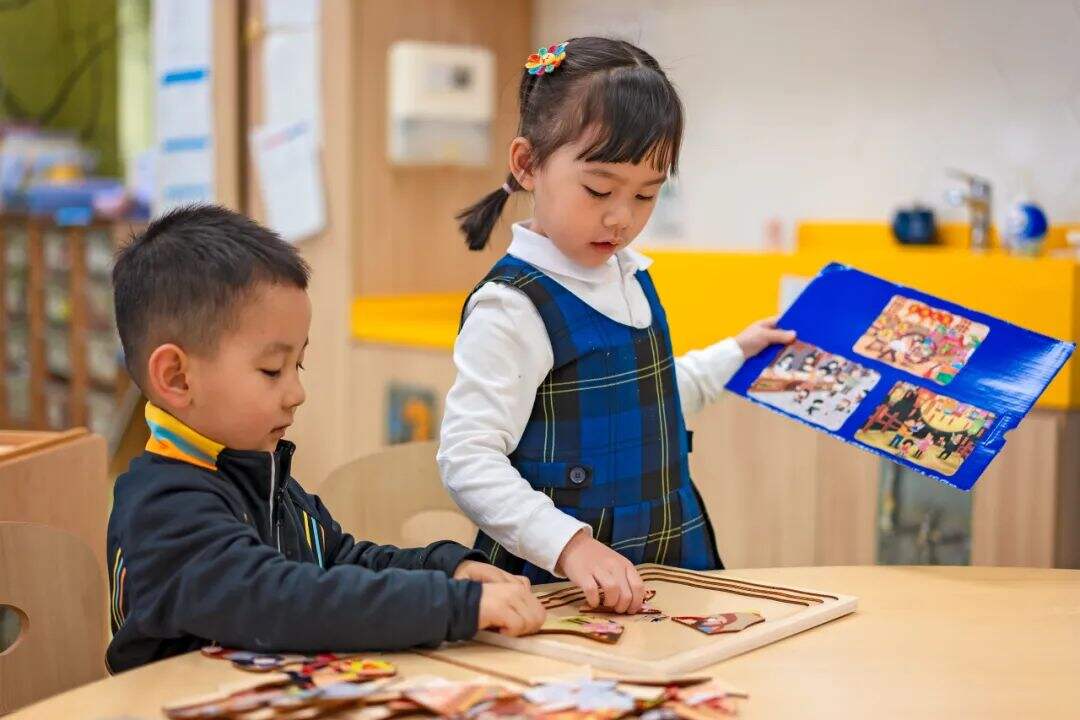
Self-Regulation
Self-regulation, the ability to manage one's behaviour, emotions, and thoughts, is pivotal in early childhood development. It underpins successful social interactions and academic learning. In our environment, we incorporate techniques such as mindfulness practices, guided breathing exercises, and structured routines as they aid young children in cultivating self-control and resilience. As educators we strive to be effective role models of self-regulation behaviour and provide consistent, nurturing responses to children's needs.
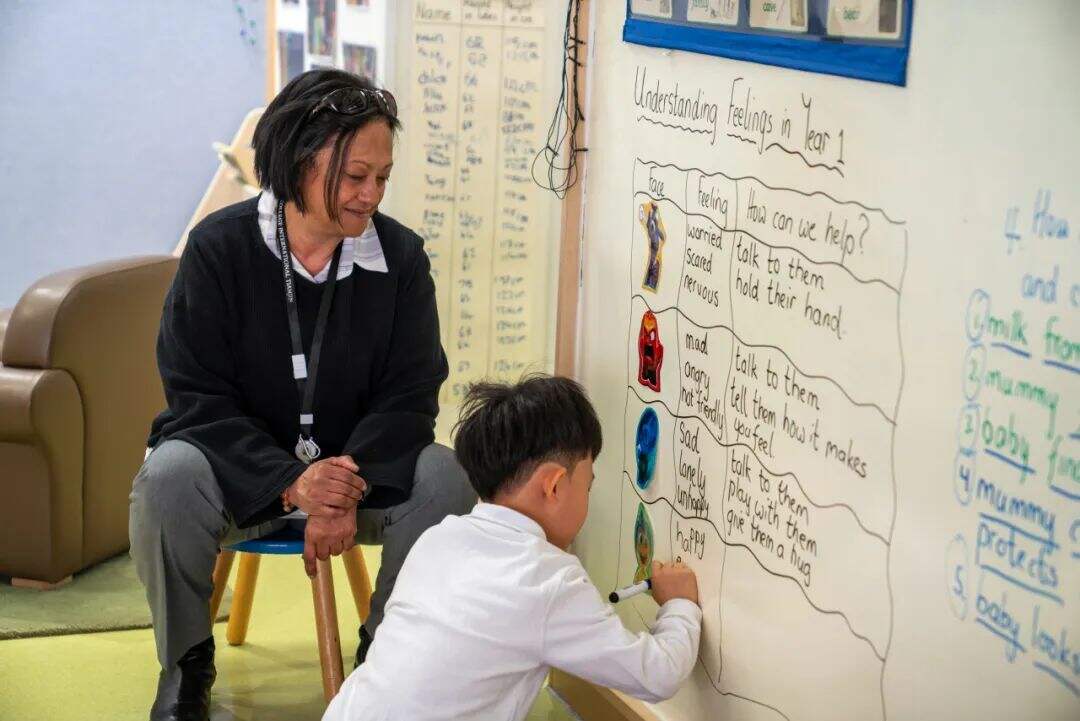
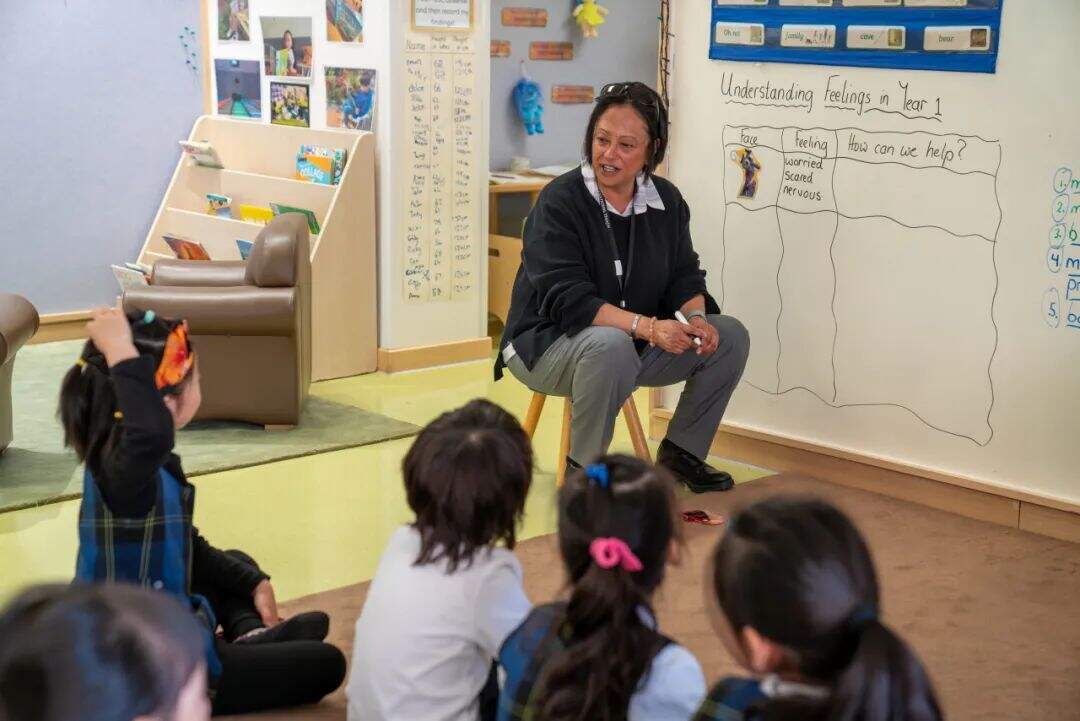
Monitoring and Assessing Wellbeing & Involvement
The assessment of Wellbeing and Involvement involves observing and measuring children's engagement, emotional states, and responses to various activities. Tools like the Leuven Scale for Wellbeing and Involvement provide us with insights into children's levels of happiness and engagement, indicating areas where support may be needed.

In conclusion, the intentional and systematic provisioning of emotional intelligence development, self-regulation, and the use of frameworks like Zones of Regulation in our early years setting significantly enhances our pupils’ wellbeing and involvement. These efforts cultivate a nurturing environment where children can thrive emotionally, socially, and academically.

Related Articles








 Channel
Channel 
 Linkedin
Linkedin  Weibo
Weibo  Facebook
Facebook  Ins
Ins 

